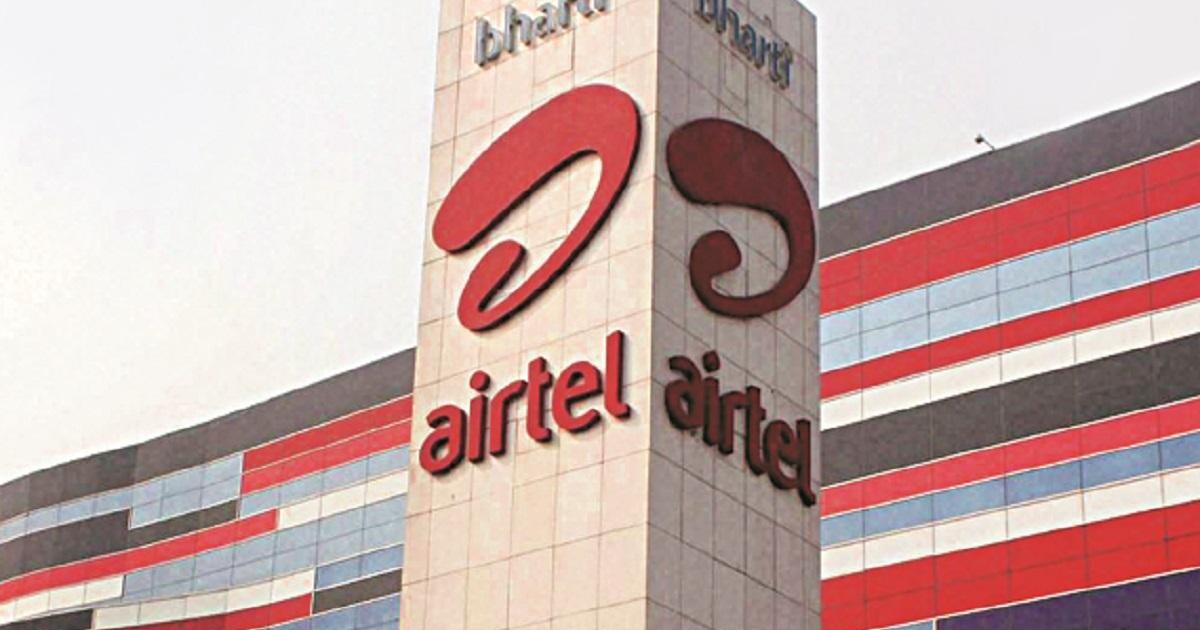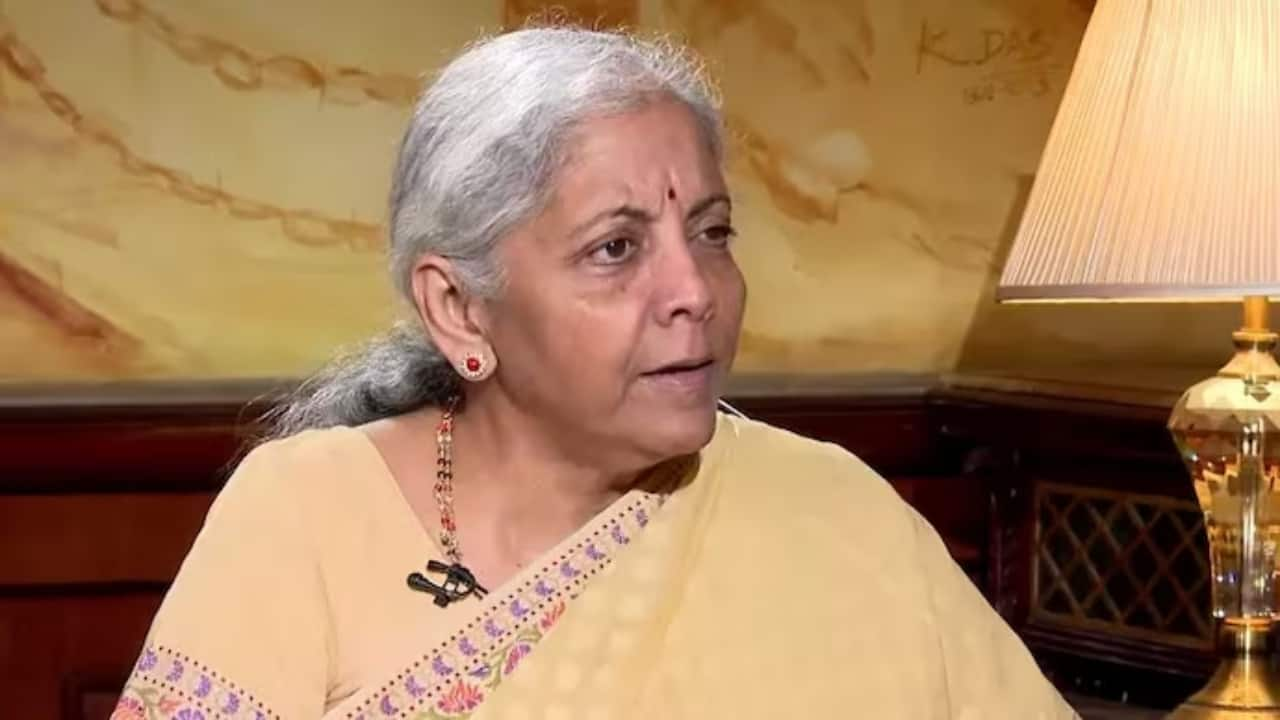Airtel's Equity Swap Bid Faces Resistance: Will Telecom Giant Struggle with Massive AGR Dues?

Airtel's Equity Proposal Stalled by Finance Ministry
Bharti Airtel, India's leading telecom operator, has reportedly encountered a significant roadblock in its efforts to restructure its substantial adjusted gross revenue (AGR) dues. The Union Finance Ministry is reportedly hesitant to approve Airtel's proposal to convert ₹41,000 crore (approximately $5 billion USD) of AGR dues into government equity, a move that could have provided a lifeline for the struggling telecom giant.
Understanding the AGR Dispute and Airtel's Financial Strain
The AGR dispute has been a long-standing legal battle in India's telecom sector. It revolves around how telecom companies calculate their AGR, which forms the basis for calculating license fees and spectrum usage charges. The Supreme Court's ruling in favor of the government's broader definition of AGR significantly increased the dues owed by several telecom operators, most notably Bharti Airtel. This ruling has placed immense financial strain on Airtel, impacting its ability to invest in network upgrades and compete effectively in a fiercely competitive market.
The Proposed Equity Swap: A Desperate Measure?
Facing mounting pressure and a challenging financial landscape, Airtel sought a creative solution: an equity swap. This would have involved the government taking a stake in Airtel in exchange for waiving a portion or all of the AGR dues. The rationale behind the proposal was to alleviate Airtel's immediate financial burden while allowing the government to benefit from the company's future performance. Such a move has been seen in other countries to help stabilize critical industries.
Why the Finance Ministry is Hesitant
The Finance Ministry's resistance to the equity swap stems from several concerns. Firstly, it could be perceived as a bailout for a private company, potentially setting a precedent for other businesses seeking similar relief. Secondly, there are questions regarding the valuation of Airtel's shares and whether the government would receive fair value in exchange for waiving the dues. Finally, there are political considerations, as any perceived favoritism towards a large corporation can attract criticism.
Implications for Airtel and the Telecom Sector
The rejection of Airtel's equity swap proposal poses a significant challenge for the company. It will likely need to explore alternative options to manage its AGR dues, such as raising capital through debt or equity offerings, or negotiating a payment plan with the government. However, these options may be less attractive and could further dilute existing shareholders' value.
The situation also has broader implications for the Indian telecom sector. Airtel's financial health is crucial for the industry's overall stability and competitiveness. If Airtel continues to struggle, it could lead to consolidation in the sector and potentially impact consumers through higher prices or reduced service quality.
Looking Ahead: What's Next for Airtel?
The coming months will be critical for Bharti Airtel. The company will need to demonstrate its ability to generate sufficient cash flow to meet its AGR obligations and address its other financial commitments. Negotiations with the government are likely to continue, but the Finance Ministry's stance suggests that a quick resolution may be unlikely. Analysts will be closely watching Airtel's performance and any further developments in the AGR dispute.






